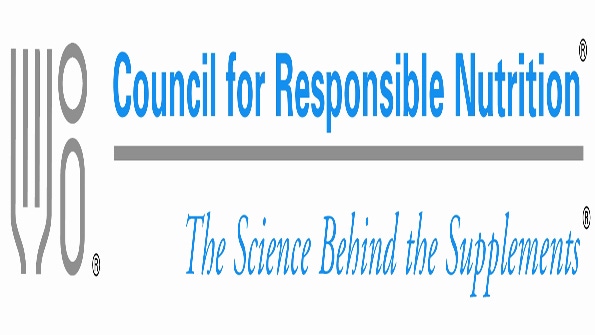MacKay contributes to a paper responding to a recent Annals of Internal Medicine article suggesting health care providers ditch supplements.
March 9, 2014

Scientists from the Council for Responsible Nutrition (CRN), the dietary supplement industry’s leading trade association, reached a key group of health care practitioners with science-based facts about recent studies on multivitamin and multimineral (MVMM) supplements through a review published in the Natural Medicine Journal, the official journal of the American Association of Naturopathic Physicians.
CRN’s Duffy MacKay, N.D., senior vice president, scientific and regulatory affairs, and Andrea Wong, Ph.D., vice president, scientific and regulatory affairs, were asked by the journal to respond to studies and an accompanying editorial published in the December issue of the Annals of Internal Medicine (AIM). Said Dr. MacKay, “We felt compelled to write the review, given that the accompanying editorial came to conclusions that were not reflective of what the studies demonstrated.”
None of the three studies suggested that the medical community should abandon using and recommending MVMM supplements, yet that’s what the editorial authors called for. In fact, as Drs. MacKay and Wong observed in their review, the report from the U.S. Preventive Services Task Force actually called for additional research and innovative research methodologies to study the effects of nutrients. Further, according to the CRN scientists, the AIM editorial missed the point of why most consumers take vitamins—not for preventing chronic disease, but instead for the very real nutrient shortfalls found in most Americans’ diets.
“Recent government research shows that a large portion of Americans fall below the estimated average requirement (EAR) for certain nutrients, specifically vitamins A, C, D, and E and magnesium and calcium, even when nutrient intake from diet, fortified foods, and supplements is considered,” Drs. MacKay and Wong emphasize in their review. “Intake of some nutrients is low enough to be a public health concern. These include potassium, dietary fiber, calcium, and vitamin D, along with iron, folate, and vitamin B12 for specific population groups.”
CRN has published a fact sheet on nutrient shortfalls, available on its website, which details the gaps Americans face in meeting basic key nutrient requirements.
“The bottom line is that Americans are not getting enough of the key nutrients they need, and MVMM supplements can help bring them closer to the levels they need for optimal health,” Dr. Wong said.

About the Author(s)
You May Also Like




